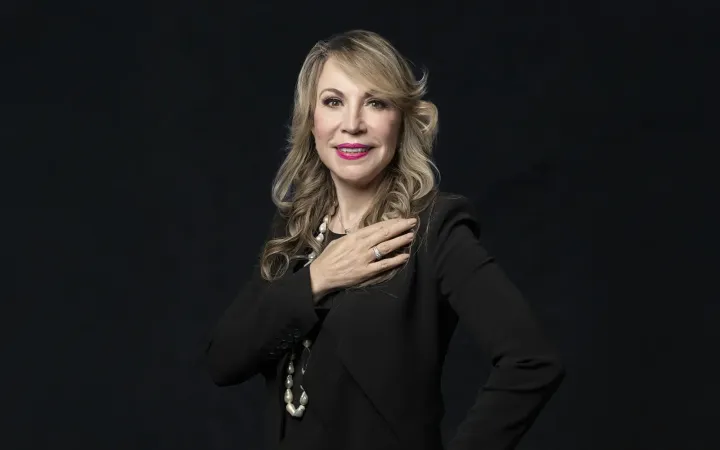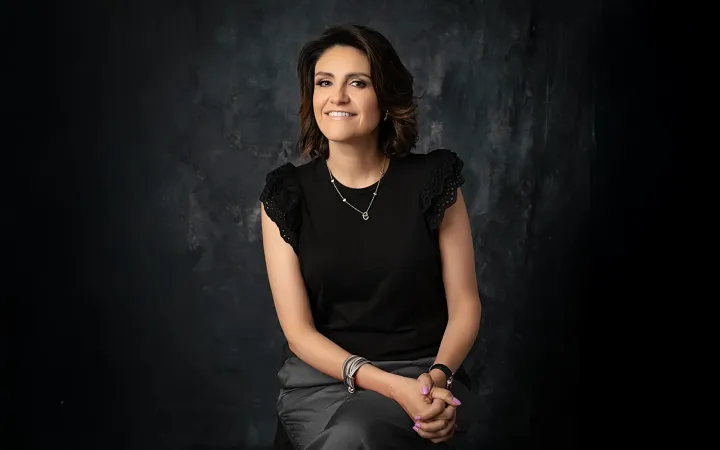Por Lourdes Encinas

Para Jeanette y Lizbeth, a quienes las instituciones les fallaron, pero tuvieron amigas que sí las respaldaron.
A inicios de mes, un video en redes sociales mostró la brutal agresión de Christian de Jesús Rojas Martínez contra su novia en Tamaulipas. La determinación de la amiga de la víctima, quien intervino para defenderla y buscar ayuda, contrastó con la inacción policial, que se negó a detener al agresor argumentando falta de orden de arresto, por lo que ahora se encuentra prófugo.
El acto de valentía de la joven Danna salvó la vida de Melanie y se convirtió en un ejemplo muy claro de la arenga que se repite en los movimientos de mujeres: ¡Me cuidan mis amigas, no la policía!
La frase es un reclamo por las deficiencias que persisten en la cadena de atención, procuración e impartición de justicia para las víctimas de violencia de género. La falta de capacitación -muchas veces de interés-, de policías, ministerios públicos, personal de las fiscalías y juzgados, dificultan que las mujeres denuncien o se mantengan en un proceso en el que con frecuencia son revictimizadas.
La Encuesta Nacional sobre la Dinámica de la Relación en los Hogares (ENDIREH 2021) del INEGI refleja que la gran mayoría de las mujeres víctimas de violencia no presentó denuncia ni solicitó apoyo de alguna autoridad. Entre las razones que exponen están: no saber dónde ni cómo hacerlo, miedo las consecuencias o amenazas, pensar que no le van a creer o la van a culpar y por vergüenza.
Los porcentajes de mujeres que no denuncian, según el ámbito de la violencia:
· Comunitario: 94.7%
· Laboral: 92%
· Escolar 91.2%
· Familiar: 89.9%
· En la pareja: 78.3%
En cambio, en todos los tipos de violencia que mide la encuesta, las víctimas dijeron que cuando le cuentan su experiencia a alguien lo hacen a un familiar o alguna amistad, en último sitio quedan abogados e instituciones. Es decir, se apoyan en quienes sí confían.
El acompañamiento de una persona de confianza es crucial en este tipo de casos, más allá de la presencia física suplen las carencias institucionales, ofrecen un espacio seguro en el que las víctimas se sienten comprendidas, seguras y validadas, creando condiciones mucho más favorables para su recuperación.
Por eso, en este Día Internacional de la Eliminación de la Violencia contra la Mujer quiero reconocer a las amigas, las madres, las hermanas, las hijas, las sobrinas, las tías, las aliadas y hasta las desconocidas que ayudan a las víctimas a sanar para poder seguir adelante.
A las que te escuchan, te creen y no te juzgan.
A las que te defienden, arriesgándose a sí mismas si es necesario.
A las que te curan las heridas, físicas y emocionales.
A las que te acompañan a denunciar.
A las que siguen a tu lado durante los largos procesos judiciales.
A las que marchan a tu lado.
A las que te abren sus espacios para difundir tu caso.
A las que te advierten dónde o quién es un peligro.
A las que consuelan a tu familia.
A las que cuidan a tus hijos.
A las que están, aun en la ausencia.
A las que te hacen reír.
A las que exigen justicia en tu nombre si tú ya no estás para hacerlo.
¡A las que sí nos cuidan!
Mientras las instituciones mejoran sus protocolos y capacidades, las redes de apoyo entre mujeres seguirán siendo fundamentales. Como demostró Danna al defender a Melanie, las amigas no sólo cuidan: salvan vidas.
Las opiniones expresadas son responsabilidad de sus autoras y son absolutamente independientes a la postura y línea editorial de Opinión 51.






Comments ()